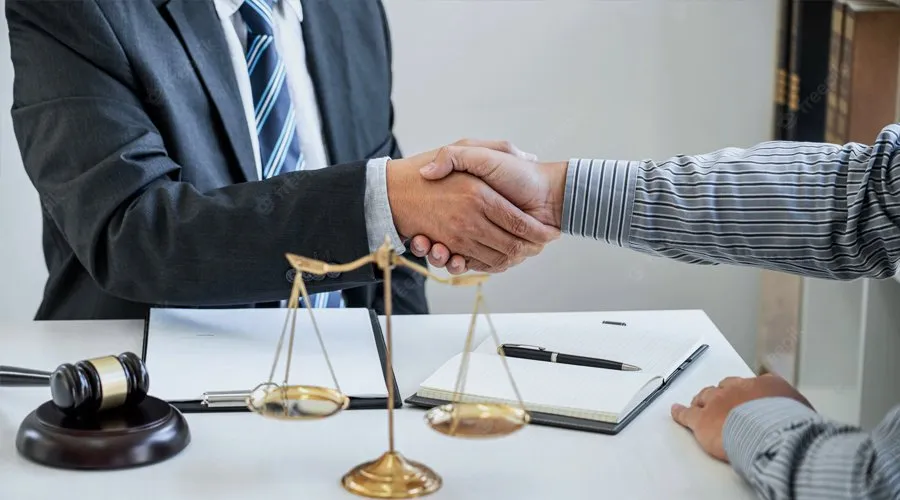What Happens When You Face Out-of-State Criminal Charges?

Facing criminal charges is overwhelming and can sometimes introduce massive inconveniences in your everyday life. The level of inconvenience can increase significantly if you are facing out-of-state charges.
Sometimes, a criminal charge can have you held up in the state. At other times, it could mean commuting to attend court hearings, which can be extremely costly and disruptive to your normal programs.
This guide takes an in-depth look into the different outcomes after an arrest and charges that occur out of state, and can be an excellent read if you are in such a situation.
What Happens If You Commit a Crime in a Different State
If you commit a crime in a different state and are caught, the state where you commit a crime will have jurisdiction over the matter. For example, if you are in Alaska and commit a crime in South Carolina, you will face charges under South Carolina law.
The arrest process is almost similar across all states as it must align with the American constitution regarding defendants’ rights. However, state laws may have variations in the procedures that come after an arrest, such as the time between an arrest and an arraignment, bail conditions, etc.
Crime That Crosses State Lines
There is a major difference between committing a crime in a different state and one that crosses state lines. A crime that crosses state lines starts in one state and continues through to another through channels of commerce such as road, air, internet, online messaging, and delivery services.
They can include the distribution of child pornography, drugs, human and sex trafficking, and fraud. These crimes fall under the jurisdiction of federal agencies and are prosecuted under federal laws.
Can You Leave a State after an Arrest
You cannot return home and ignore your charges, as your home state will be obliged to arrest you and hand you over to authorities in the state where you are facing charges upon request.
If you are facing a misdemeanor charge where you are not required to post bail, you can leave the state and make arrangements for court appearances. Sometimes, your criminal defense lawyer can appear on your behalf or arrange for you to appear through video.
Felony criminal charges are different because there are cases where the case would warrant you to stay in jail pending trial. Under such circumstances, there is no chance of leaving. If the court allows you to post bail, you can leave, but the court may demand your presence at all court hearings. Your lawyer can help negotiate the most convenient plan for you to ensure that the process has the least possible impact on your everyday life.
What Happens After A Conviction?
“After a conviction in a different state, your conviction will appear on the national criminal database. This means it can affect your life in your home state and other states in terms of getting employment opportunities,” says criminal defense lawyer Scott Bischoff
As such, you want to try to avoid a conviction or mitigate the severity of the outcomes by involving a local criminal defense lawyer. States must provide every defendant in a criminal case with a lawyer if they can’t afford one.
However, the best option is getting a private lawyer because they can afford the time to give your case personalized attention for the best outcomes.






